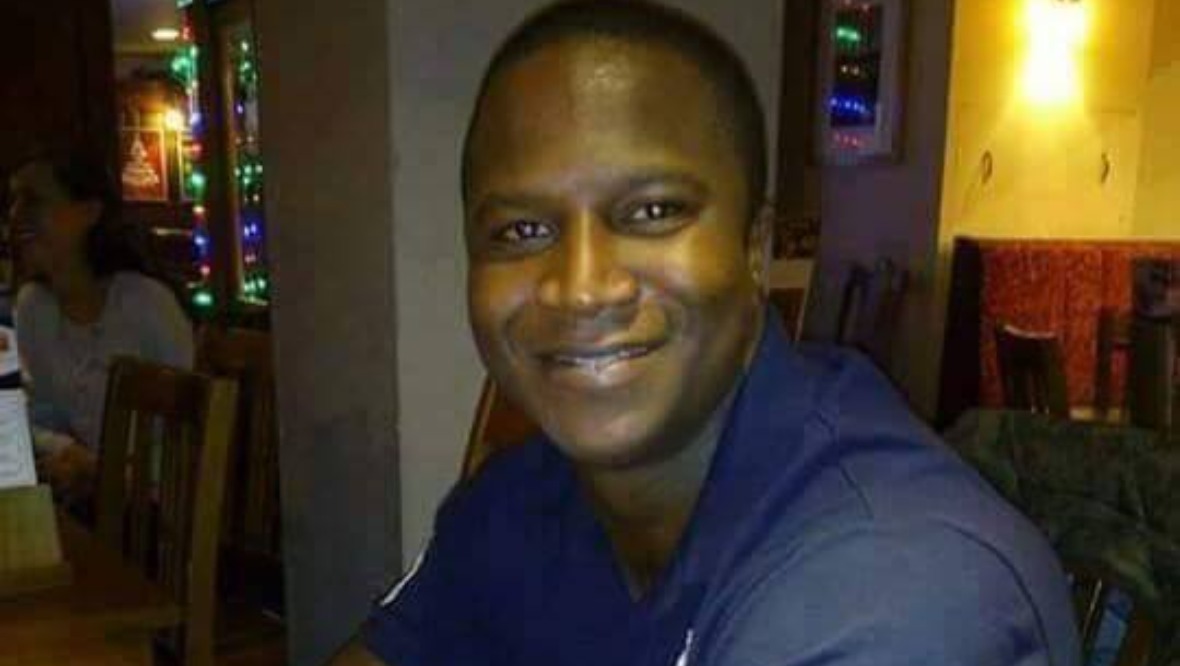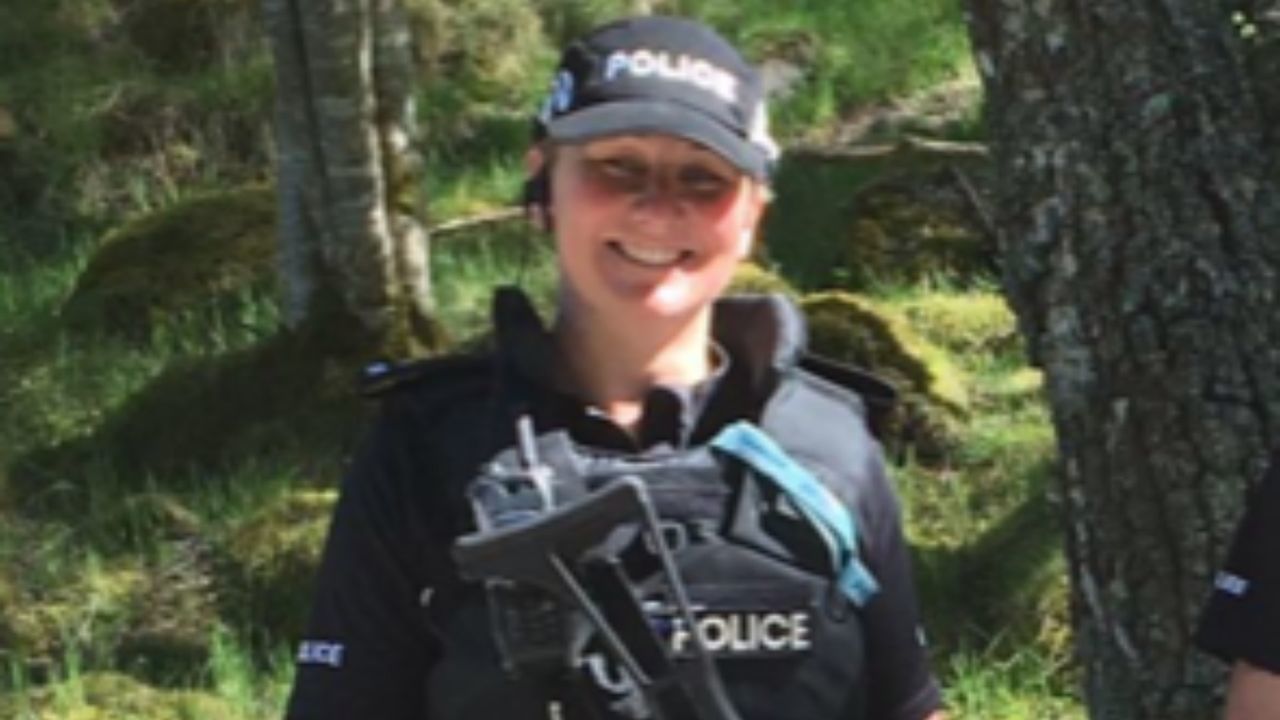Scotland’s police force is institutionally racist and sexist, the Chief Constable has admitted.
Addressing the board of Scotland’s policing watchdog, Sir Iain Livingstone said it was “right” for him to “clearly state that institutional racism, sexism, misogyny and discrimination is a reality for Police Scotland”.
Sir Iain has been chief constable for six years and is due to retire this summer.
But in an unprecedented update to the Scottish Police Authority on Thursday morning, he said publicly acknowledging that these issues exist institutionally in the force is “essential” to it becoming an anti-racist service.
“Publicly acknowledging these issues exist institutionally is essential to our absolute commitment to championing equality and becoming an anti-racist service.”
Sir Iain Livingstone, Police Scotland Chief Constable
It is understood to be the first time the head of a police force has admitted it is institutionally racist and sexist.

It follows the publication of a review of the culture within Police Scotland that has revealed accounts of racism, sexism and homophobia by serving officers.
However, Sir Iain said that institutional discrimination “absolutely does not” mean police officers and staff are racist and sexist.
“I have great confidence in the character and values of our people,” he said.
“I am proud of Police Scotland, I am proud of my colleagues, proud of my officers and staff.
“So I know and have shared the reservations and concerns about acknowledging that institutional discrimination exists in policing.
“However, it is right for me, it is the right thing to do for me as chief constable, to clearly state that institutional racism, sexism, misogyny and discrimination exist.
“Police Scotland is institutionally racist and discriminatory.
“Publicly acknowledging these institutional issues exist in our organisation is essential to our absolute commitment to championing equality and becoming an anti-racist service.
“It is also critical to our determination to lead wider change and support wider change in society.”
Sir Iain’s statement comes after a number of high-profile cases focussing on the conduct of police officers.
An ongoing inquiry into the case of Sheku Bayoh who died in 2015 after he was restrained on the ground by six police officers has been considering whether or not his race played a part in the treatment of him and his family.
 Facebook
FacebookLast year, Police Scotland paid out nearly £1m to former constable Rhona Malone after an employment tribunal found a “horrific” culture of misogyny in the force.
Police Scotland’s Equality, Diversity, Inclusion and Human Rights Independent Review Group was set up 2021 to look at the force’s culture.
In the first of two reports published ahead of the watchdog meeting on Thursday, it found: “There was a widespread view that while discriminatory attitudes were far from a thing of the past in Police Scotland, there had been a marked shift over the past decade.

“However, our interviews with both key interviewees and divisional staff revealed instances of ongoing discrimination against minoritised communities, including first-hand accounts of racism, sexism, and homophobia.”
In March, a damning report found London’s Metropolitan Police was institutionally racist, misogynist and homophobic.
The review by Baroness Louise Casey, who lead an investigation into the force in the wake of the murder of Sarah Everard by a serving officer, said the UK’s largest force needed a “complete overhaul”.
Insight Gordon Chree Senior reporter
This is a very significant moment for Scotland.
In accepting that “institutional racism, sexism, misogyny and discrimination is a reality” for his force, Sir Iain Livingstone has gone further than any of his counterparts across the UK.
Indeed, in March, the Metropolitan Police commissioner said he rejected similar labels despite a report by Baroness Louise Casey making the charge.
The admission is the latest step in what has been described as a “journey” by police insiders.
In 2020, a report by Dame Eilish Angiolini said “attitudes had not changed as much as they should have” since the 1999 MacPherson report into the murder in London of Stephen Lawrence.
It said institutional racism had played a part in failures in the police investigation and how the black teenager’s family and friends were treated by officers.
A public inquiry in Edinburgh is currently looking at whether race had a role in the death of Sheku Bayoh in Kirkcaldy in 2015.
He died in police custody and his family have been unhappy with how they were dealt with in the aftermath.
And last year a former firearms officer Rhona Malone was awarded £1m in compensation after a tribunal found misogynistic abuse and bullying were rife in the unit where she served.
Tackling these issues has become a personal priority for Sir Iain.
He didn’t have to say what he said on Thursday morning – he has already announced he’ll be stepping down in the summer and it would surely have been easier to simply go quietly.
But in committing Police Scotland to action on leadership, diversity and fairness, he ensures his successor will have to deliver that cultural change.
Follow STV News on WhatsApp
Scan the QR code on your mobile device for all the latest news from around the country



























